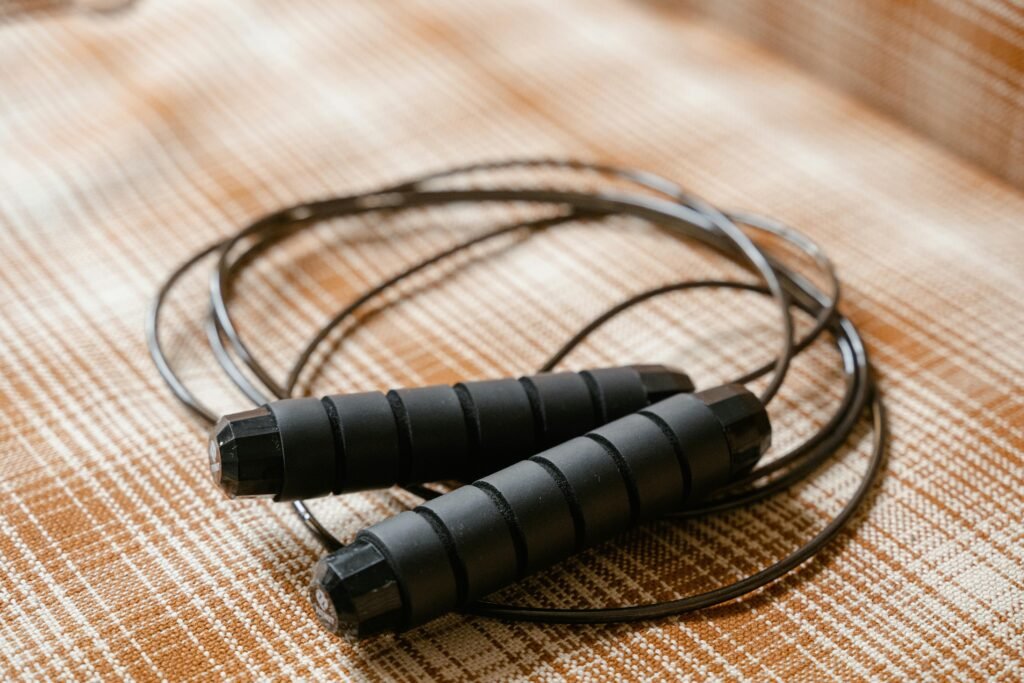“Ever tried every diet trend only to end up heavier and more confused? You’re not alone. Let’s talk about herbal healing metrics that actually work.”
Table of Contents
- Key Takeaways
- Why Ayurvedic Weight Loss Matters
- How to Start Your Herbal Healing Journey
- Best Practices for Sustainable Results
- Stories of Success: Real People, Real Results
- Frequently Asked Questions About Herbal Healing
Key Takeaways
- Ayurvedic principles focus on balancing body energies (doshas) for effective weight loss.
- Incorporating herbs like Triphala, Ashwagandha, and Guggul can improve metabolism naturally.
- Consistent lifestyle changes are crucial; there’s no overnight miracle in herbal healing.
- Track “success metrics” like energy levels, digestion quality, and mental clarity along with weight.
Why Ayurvedic Weight Loss Matters
Let me confess something: I once followed a restrictive detox cleanse because some influencer swore it would make me lose 10 pounds in two weeks. Spoiler alert: It didn’t work. Instead, my skin broke out, I was hangry all the time, and worst of all, my body felt betrayed by my choices.
Fast forward to discovering Ayurveda—a 5,000-year-old system rooted in Indian traditions—and suddenly, things started clicking into place. Unlike fad diets or extreme workouts, Ayurvedic weight loss focuses on long-term harmony between mind, body, and soul. The core idea revolves around identifying your dominant dosha (Vata, Pitta, Kapha) and tailoring your diet and routine accordingly.
Here’s why this matters: Modern lifestyles mess with our natural rhythms, leading to imbalances that cause weight gain. Ayurveda steps in as the ultimate antidote—offering gentle yet transformative solutions through herbs and mindful living.

How to Start Your Herbal Healing Journey
Okay, Optimist You: “I’m ready to embrace herbal healing!”
Grumpy You: “But what even is Triphala, and do I have to give up coffee?”
Fear not! Here’s a step-by-step guide:
Step 1: Identify Your Dosha Profile
Take an online quiz or consult an Ayurvedic practitioner to understand whether you’re predominantly Vata, Pitta, or Kapha. Each type requires specific dietary tweaks. For instance:
- Vata types need warming, grounding foods like root vegetables.
- Pitta types thrive on cooling foods like cucumbers and mint teas.
- Kapha types benefit from spicy, energizing meals to boost sluggish metabolisms.
Step 2: Stock Up on Powerhouse Herbs
Introduce these game-changing ingredients to your pantry:
- Triphala: Supports digestion and detoxifies the gut.
- Ashwagandha: Reduces cortisol levels, helping curb emotional eating.
- Guggul: Boosts thyroid function for better fat metabolism.
Step 3: Create a Routine That Prioritizes Balance
This isn’t about deprivation—it’s about consistency. Aim to wake up early, practice yoga or meditation, eat mindfully, and wind down with calming nighttime rituals.
Best Practices for Sustainable Results
- Eat Seasonally: Nature knows best. Incorporate fresh produce according to seasons.
- Hack Your Hydration: Swap plain water for infused options like lemon-ginger tea.
- Skip Multitasking Meals: Eating while scrolling Instagram disrupts digestion big-time.
- Beware Over-Supplementation: While herbs are amazing, don’t overload without professional advice.

Stories of Success: Real People, Real Results
Meet Sarah, a 35-year-old marketing executive who struggled with PCOS-related weight gain. After embracing Ayurveda—including incorporating ashwagandha powder into her smoothies and adopting a pitta-pacifying diet—she dropped 25 pounds in six months. More importantly, her hormone levels stabilized, and she reported feeling “lighter” both physically and emotionally.
Another success story comes from Raj, a lifelong athlete struggling with post-injury weight gain. By using guggul supplements and practicing tailored yoga sequences, he regained his strength and flexibility within eight months. These aren’t isolated incidents—Ayurvedic methods shine when personalized carefully!

Frequently Asked Questions About Herbal Healing
Are herbal remedies safe for everyone?
Most herbs are safe when consumed responsibly, but always consult a healthcare provider if you’re pregnant, breastfeeding, or managing chronic conditions.
Can Ayurveda really replace modern medicine?
Nope! Think of Ayurveda as complementary—not competitive—to allopathic treatments. Always seek professional guidance.
What’s the deal with “success metrics”? Why track them?
Numbers on the scale don’t tell the full story. Tracking energy levels, sleep quality, skin health, and mental clarity offers a deeper understanding of overall progress.
Conclusion
Embarking on your journey with Ayurvedic weight loss feels less like another fleeting trend and more like reconnecting with an ancient wisdom tailored just for you. Remember, the goal isn’t perfection—it’s progress aligned with nature’s flow. So go ahead, sip that tulsi tea, and trust the process.
And P.S., if anyone asks where I got my glow-up secrets, tell them, “It’s chef’s kiss for drowning diets.” 🌿
Like a Tamagotchi, your wellness needs daily care. Keep nurturing yourself, one mindful step at a time.


